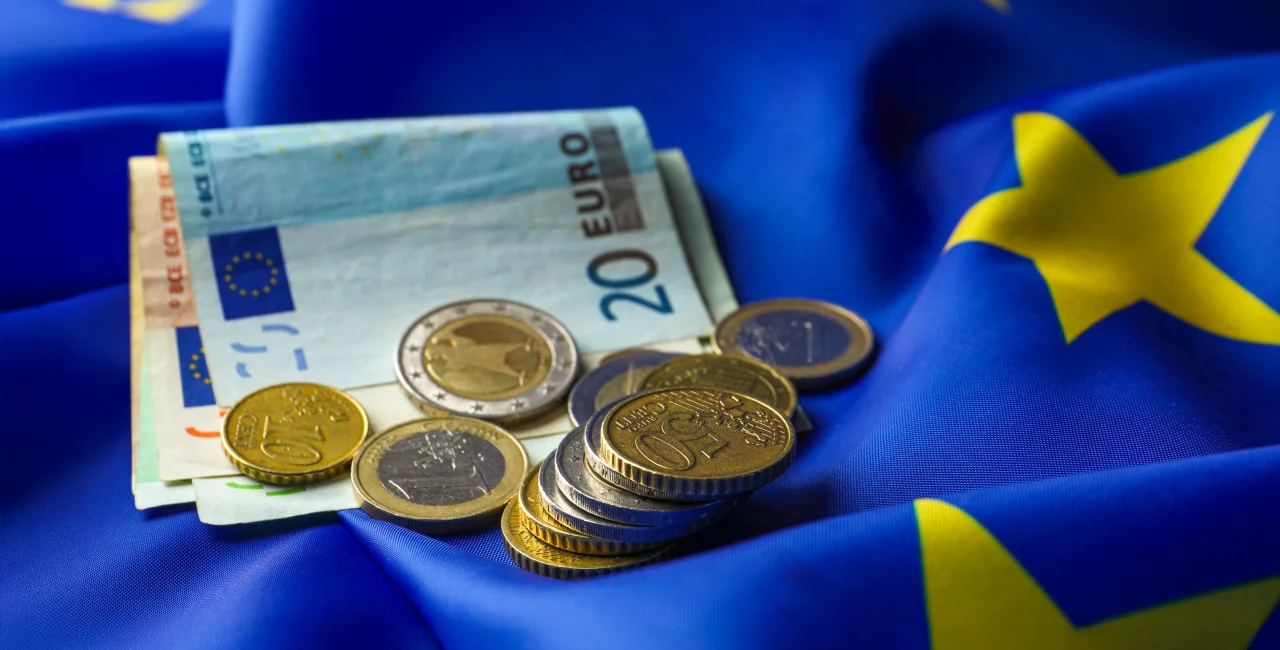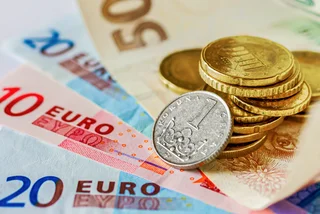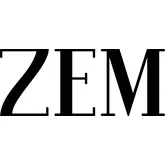Czech Prime Minister Petr Fiala recently decided to delay plans for Czechia to adopt the euro until after his first term ends in October 2025, despite the country meeting most of the necessary economic conditions. This decision highlights the long-standing uncertainty around adopting the single currency.
Why are some Czech ministers opposed to the euro?
The Civic Democrats (ODS), the largest party in the ruling coalition, have been the strongest opponents of the euro. Fiala stated at the start of the year that Czechia must first strengthen its public finances before considering euro adoption, stressing the need for significant internal reforms.
Other senior politicians, including Finance Minister Zbyněk Stanjura, have argued that joining the exchange-rate mechanism II (ERM II)—a system to stabilize currencies—should be brief and linked to a set eurozone entry date.
Stanjura also said last week that any decision on the euro must be based on political agreement or wide public support. Ideally, this decision would be made at the beginning of the next government’s term, allowing the same government to oversee the entire process.
Why do some ministers support the euro?
Interestingly, some members of the coalition government support adopting the euro. The TOP 09 party and the Mayors and Independents party are its most vocal advocates.
Minister for European Affairs Martin Dvořák has repeatedly called for the government to appoint an official coordinator for euro adoption, though the government rejected this idea last week. Dvořák even broke from party ranks earlier this year by hiring his own EU adviser.
He, along with other supporters, argues that adopting the euro would benefit Czechia in several ways: it would increase price transparency, boost competition, eliminate currency fluctuations for businesses and travelers, and attract foreign investment. These factors would support overall economic growth.
President Petr Pavel is another strong advocate for the euro, stating that without it, Czechia cannot be considered a leading country in Europe.
In July 2023, Minister of Labor Marian Jurečka also backed euro adoption, stating that Czechia would meet the Maastricht criteria (conditions for adopting the euro) "by the end of the decade."
Kicking the can down the road?
In late November, the Government’s National Economic Council (NERV) issued a private report evaluating the pros and cons of adopting the euro. The report cautioned that joining the eurozone would mean Czechia would lose control over its national interest rates and monetary policies, limiting its ability to address domestic economic issues.
Additionally, joining the eurozone could expose Czech taxpayers to financial risks if weaker member states require bailout support. On the positive side, the report highlighted that the euro could reduce inflation and lower long-term prices due to increased market competition. It would also make price comparisons easier and create pressure to reduce prices on goods that are currently more expensive in Czechia.
While the Czech Republic does not meet all the Maastricht criteria at present, NERV believes it could meet them by the end of the year.
Government National Economic Council“The euro would make it easier to compare prices and would create pressure to converge and reduce prices for products that are more expensive here.”
What’s next?
NERV’s main recommendation, echoing Fiala, is that the next elected government should take the lead in deciding whether to adopt the euro.
However, the opposition ANO party, which is currently leading in the polls, is firmly against adopting the euro. ANO Chairwoman Alena Schillerová stated: "We are absolutely against it. We have a strong Czech crown, which is one of the most stable currencies in Europe. The Eurozone is currently a politically controlled grouping with its own internal economic and foreign policy problems."
NERV has advised that Czechia should carefully consider joining ERM II and ensure there is a credible political plan for euro adoption.
Several economic analysts, including Creditas Bank’s Petr Dufek and former Central Bank Governor Jiří Rusnok, have also told Czech media outlet Novinky.cz there is no rush to join the euro, citing the lack of preparation and societal support. Czechia may therefore wait some time before adopting the single currency.
However, NERV also noted that too much focus on the euro may be misplaced. The report emphasized that structural reforms, which should come before any eurozone membership, are more crucial for Czechia’s long-term economic prosperity.












 Reading time: 3 minutes
Reading time: 3 minutes 



























